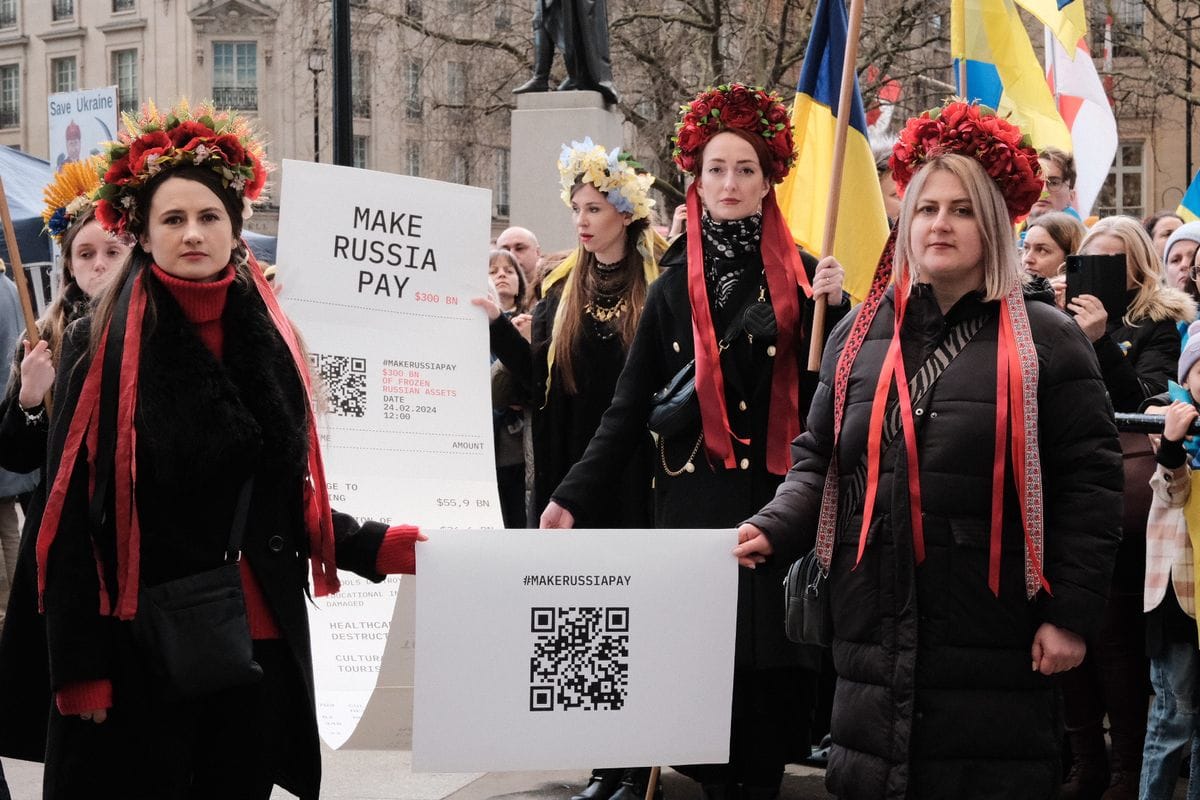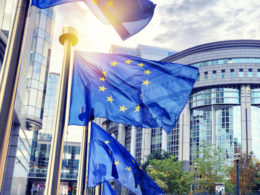The Wall Street Journal reports that the history of World War II is complicating Western efforts to confiscate Russian assets and use them to support Ukraine's defense against Moscow.
Germany has emerged as a leading opponent of the US-led initiative to seize nearly $300 billion in frozen Russian central bank assets, fearing that such a move could set a precedent for new claims against Berlin related to WWII-era crimes.
According to the report, other European nations, including France, Italy, and the European Central Bank, share Germany's concerns, worried that seizing the reserves could undermine international confidence in the euro and single-currency assets.
Japan, which faces its own reparations claims from South Korea and other neighbors, also opposes the confiscation of Russian assets, with the Japanese Foreign Ministry pledging to continue discussions with its G-7 partners.
Andreas Rödder, a professor of contemporary history at Johannes Gutenberg University Mainz in Germany, told the Wall Street Journal, "Germany was comfortable in its erroneous assumption that the problem had been resolved and deliberately avoided the issue for decades, so it shouldn't be surprised that Poland and Greece now say they have unfinished business."
The US and U.K. maintain that the success of the initiative is essential for Ukraine's victory, but the reservations expressed by Germany, Japan, and other nations threaten to derail the effort. Despite the challenges, the G-7 is exploring a potential compromise that would involve using profits from the frozen assets as collateral for a bond to raise funds for Ukraine, with G-7 countries guaranteeing the debt.
Treasury Secretary Janet Yellen acknowledged the ongoing discussions last week, stating, "We're looking at a series of possibilities ranging from actually seizing the assets to using them as collateral," as reported by the Wall Street Journal.
Related:




